|
|
|
|
Nigeria’s north-central region is highly susceptible to militia attacks and has witnessed numerous sectarian crises over the years. While the Nigerian government has taken steps to deal with the various conflicts, it hasn’t succeeded in stemming the crises. Oluwole Ojewale identifies methods adopted by communities in this region to cope with the lasting mayhem, and to cultivate peaceful coexistence.
Over the last two decades, poaching and habitat fragmentation have decimated the population of forest elephants roaming the dense rain forests of West and Central Africa. Their numbers have reduced from 700,000 to fewer than 150,000. Knowing how they move can help us to better protect them. But because it’s difficult to track them in thick forest little is known about their movements, until now. In their study, John Poulsen and Christopher Beirne, found that sex, habitat quality, human activity and personalities all had a role to play in how the elephants move about. These insights can provide clues into how conservation efforts can better manage forest elephants.
|
Ogechi Ekeanyanwu
Commissioning Editor: Nigeria
|

|
|
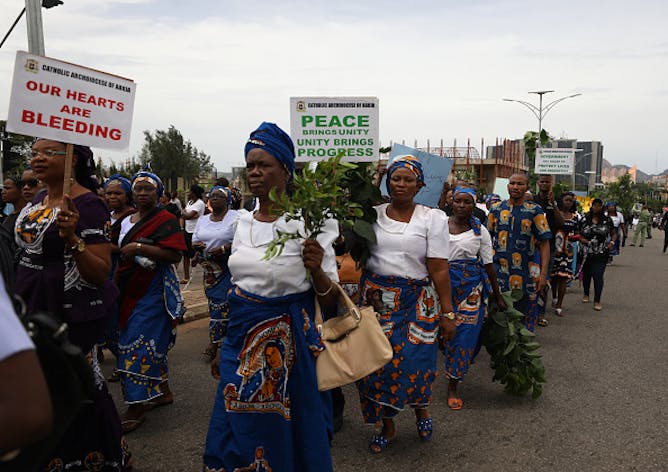
Catholics in the Nigerian capital Abuja peacefully protest against rampant killings in Benue state.
next24online/NurPhoto via Getty Images)
Oluwole Ojewale, Obafemi Awolowo University
The absence of support from government leaves communities to determine independently how to move forward, what works, and what is sustainable.
|
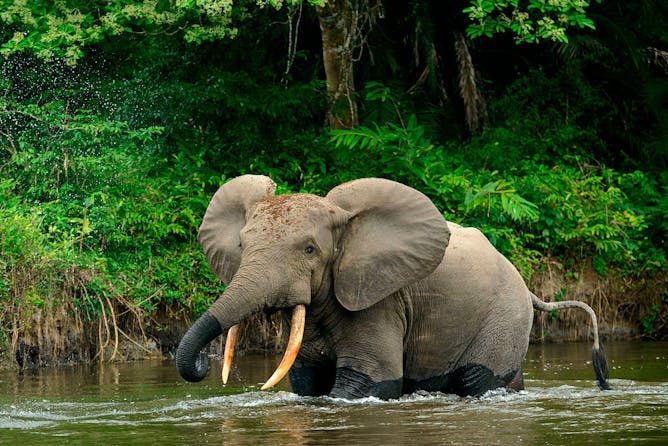
African forest elephant in Lekoli River, Odzala-Kokoua National Park, Cuvette-Ouest Region, Republic of the Congo.
Education Images/Universal Images Group via Getty Images
John Poulsen, Duke University; Christopher Beirne, University of British Columbia
Studying how elephants move can give clues into how they can be better managed to conserve their populations.
|
Politics
|
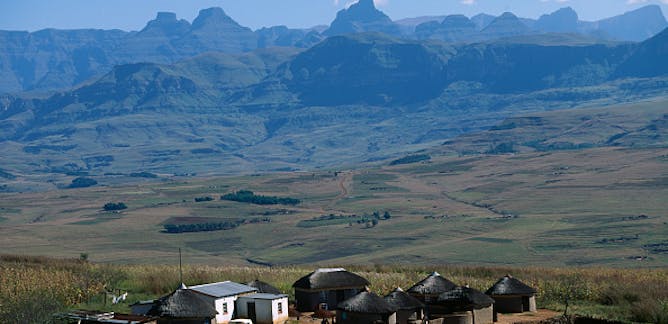
Ben Cousins, University of the Western Cape
The judgment highlights the lack of interest by successive government ministers in curtailing the self-interested actions of rural elites.
| |
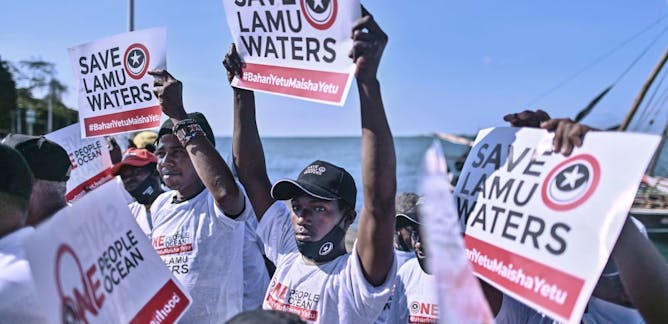
Patrick Muthengi Maluki, University of Nairobi
The country has argued that the International Court of Justice deprived the parties of the chance to resolve the issue diplomatically.
|
|
|
Arts, Culture + Society
|

Ozayr Patel, The Conversation
Through stand-up comedy, women in Zimbabwe can resist patriarchal power relations. There are still far fewer female stand-ups in the country but the field keeps on growing.
| |

Thomas Pooley, University of South Africa
Mzilikazi Khumalo was a brilliant linguist with a stellar career in music. These achievements are extraordinary considering the obstacles he faced throughout his career.
|
|
|
From our international editions
|
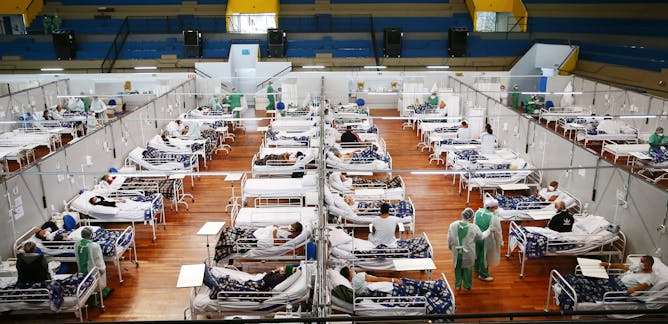
Maria De Jesus, American University School of International Service
The high costs of the world's colossally unequal COVID-19 immunization rates.
| |
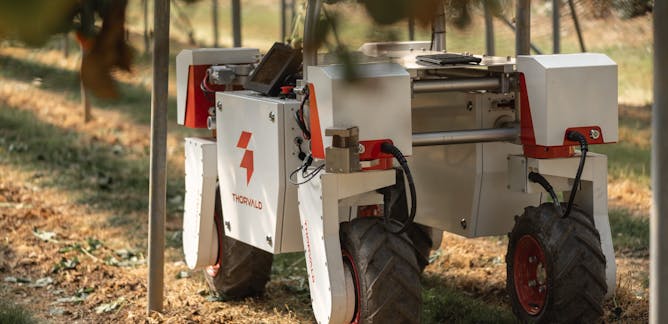
David Rose, University of Reading; Marc Hanheide, University of Lincoln; Simon Pearson, University of Lincoln
Autonomous robots hold great promise for the agricultural sector, but it's vital that the public gets a say in their creation.
|
|
|
| |
| |
| |
| |
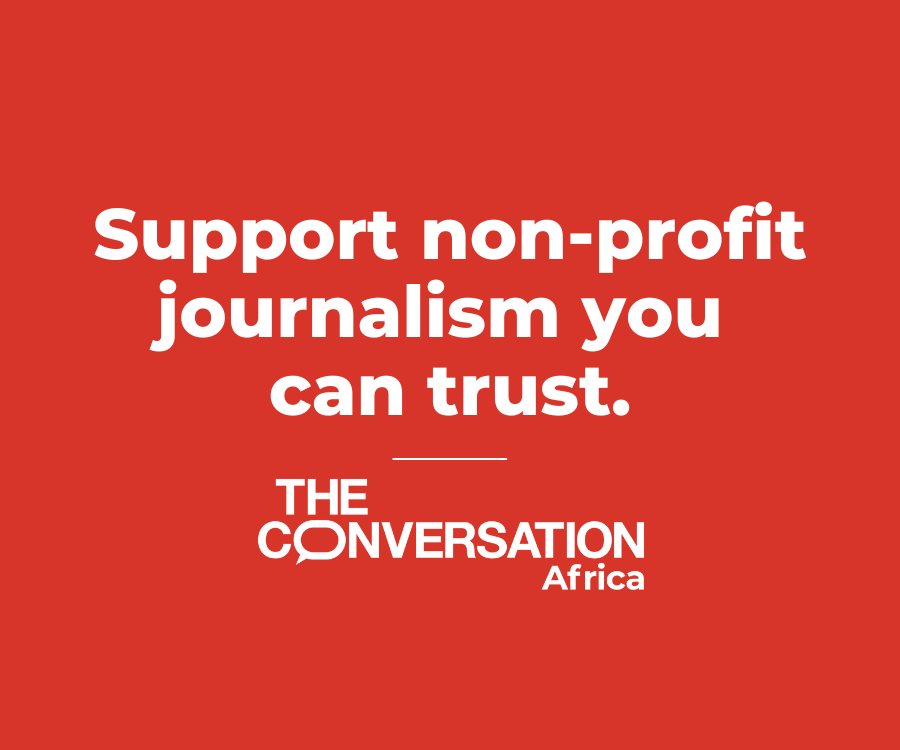
|
| |
| |
| |
Featured events
|

|
Wits University, 1 Jan Smuts Avenue, Johannesburg, Gauteng, 2050, South Africa — University of the Witwatersrand
|
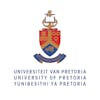
|
University Road, Hatfield, Gauteng, 0083, South Africa — University of Pretoria
|

|
52 Ryneveld Street Stellenbosch, Cape Town, Western Cape, 8000, South Africa — Stellenbosch University
|

|
4th Floor, Johannesburg Business School, Cnr Barry Hertzog Ave and Empire Road, Milpark, Johannesburg, Gauteng, 2092, South Africa — University of Johannesburg
|
|
|
|
| |
| |
| |
Would you like to republish any of these articles?
|
|
It’s free to republish, here are the guidelines.
Contact us on africa-republish@theconversation.com in case you need assistance.
|
| |
| |
| |
| |
|
|
|
|
|
|
|